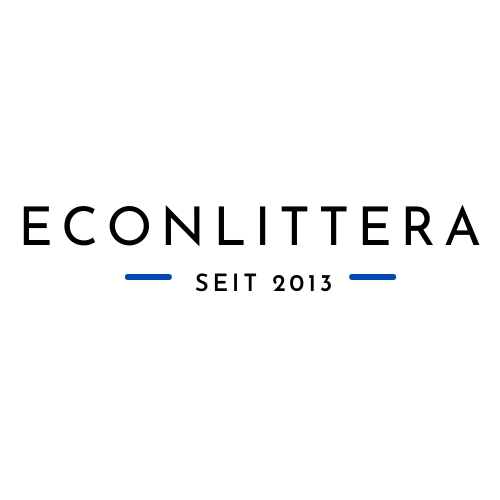Over the past two centuries, mankind has accomplished what used to be unthinkable. When we look back at our long list of achievements, it is easy to focus on the most audacious of them, such as our conquest of the skies and the moon. Our lives, however, have been made easier and more prosperous by a large number of more modest, yet crucially important feats.
Think of electric bulbs, telephones, cars, personal computers, antibiotics, TVs, refrigerators, watches and water heaters. Think of the many innovations that bene t us despite our minimal awareness of them, such as advances in port management, electric power distribution, agrochemicals and water puri cation. This progress was possible because we got smarter. During the past two centuries, the amount of productive knowledge we hold expanded dramatically. This was not, however, an individual phenomenon. It was a collective phenomenon. As individuals we are not much more capable than our ancestors, but as societies we have developed the ability to make all that we have mentioned – and much, much more.
Modern societies can amass large amounts of produc- tive knowledge because they distribute bits and pieces of it among its many members. But to make use of it, this knowledge has to be put back together through organizations and markets. Thus, individual specialization begets diversity at the national and global level. Our most prosperous modern societies are wiser, not because their citizens are individually brilliant, but because these societies hold a diversity of knowhow and because they are able to recombine it to create a larger variety of smarter and better products. …
Quelle / Link: The Atlas of Eonomic Complexity
